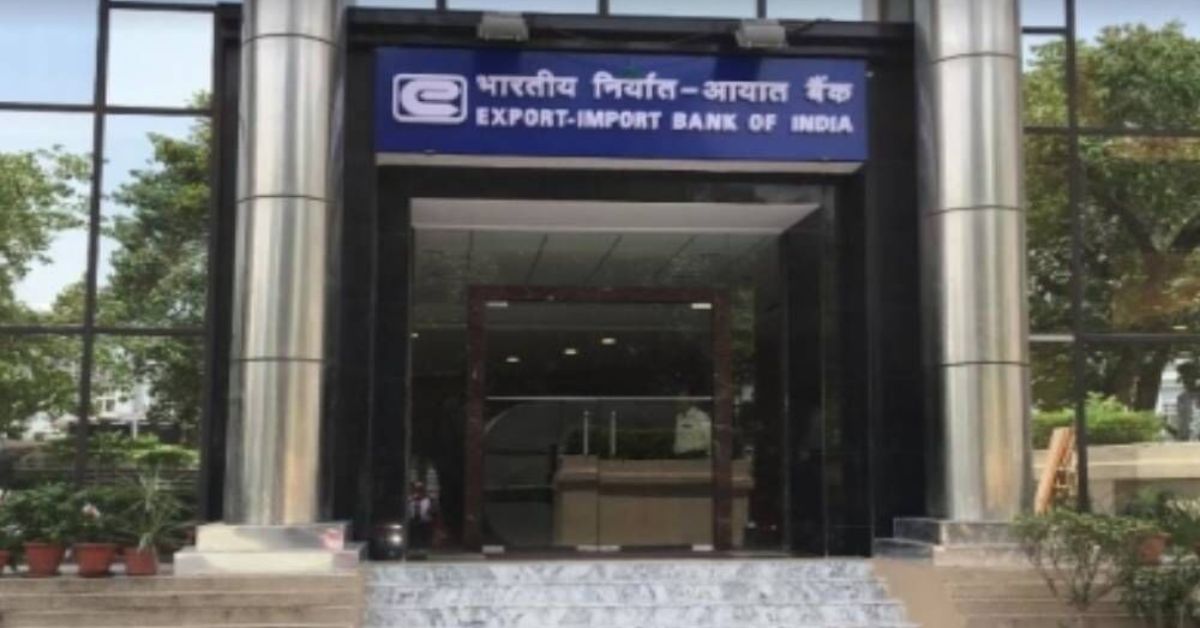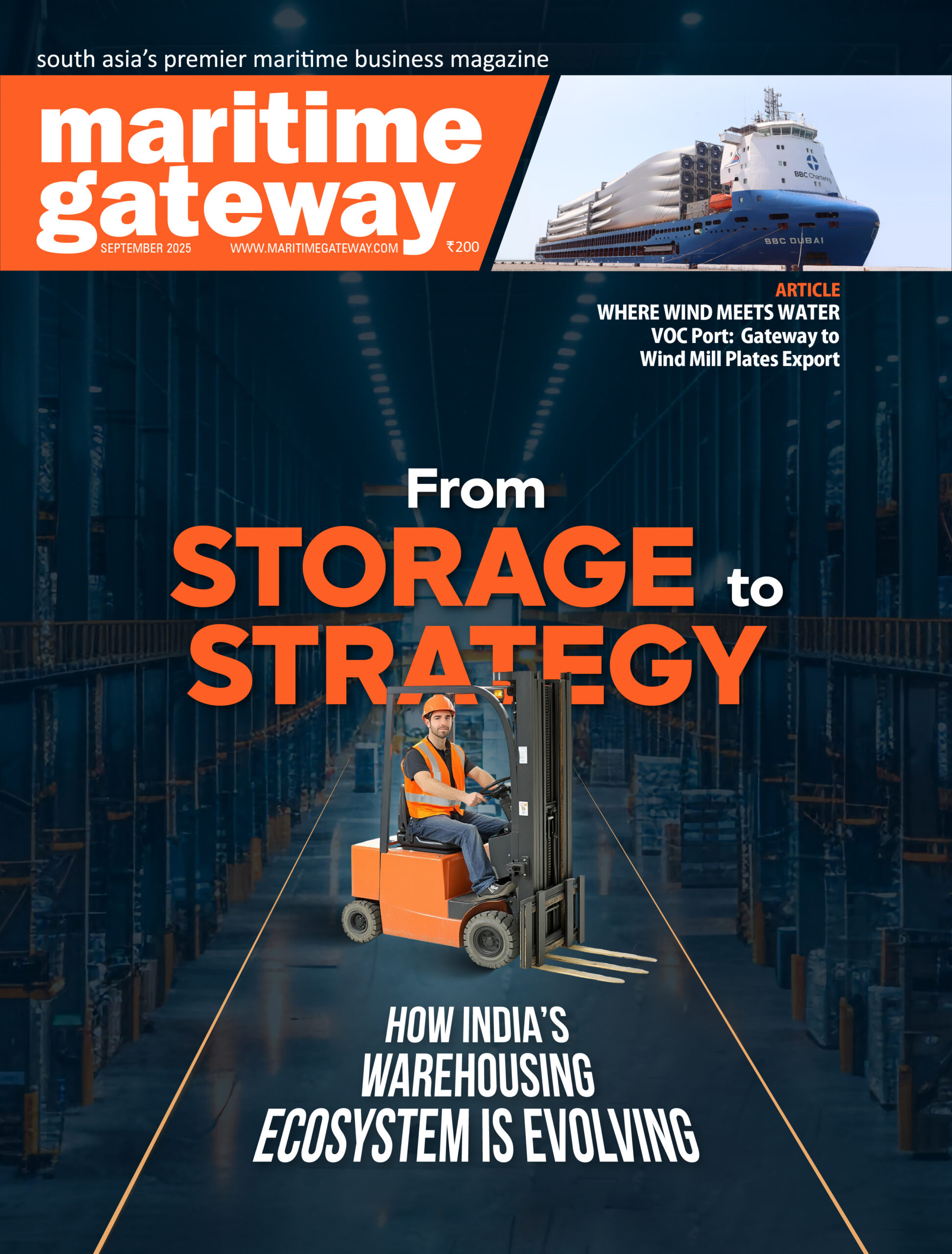India’s Export-Import (EXIM) Bank has stepped up financial support for exporters reeling under steep U.S. tariffs, while simultaneously pushing to redirect trade toward emerging markets, particularly in Africa.
The state-owned lender, which provides export financing and guarantees to overseas buyers of Indian goods, has eased risk ceilings for nearly a quarter of its global partner banks, according to deputy managing director Tarun Sharma. “Wherever exporters need enhanced limits, we are working to ensure they get them,” Sharma said, noting that EXIM Bank maintains tie-ups with over 100 foreign banks across 54 countries under its trade assistance program.
To help businesses navigate the sudden cash crunch, the bank is also offering more short-tenure loans and credit against future receivables, giving exporters quicker access to working capital.
The move comes after Washington slapped a 50% tariff on Indian goods on August 27, hitting sectors ranging from textiles and chemicals to gems, jewelry, and fisheries. The shock has already led to job losses and disrupted order flows, forcing companies to seek fresh buyers in Europe, Africa, and Asia.
While the government has instructed lenders to ease credit to the export sector, it has yet to announce direct fiscal support. Many exporters initially cushioned the blow by rushing shipments to U.S. clients before the tariffs kicked in. But Sharma said the focus is now on building “longer-term resilience” through diversification into non-traditional destinations such as Africa and Latin America.
EXIM Bank, which already funds government-backed projects in more than 40 African nations, is shifting its focus on the continent toward trade facilitation and commercial financing. Discussions are under way to extend new credit lines of $100–150 million for regional banks and $25–50 million for smaller lenders. Partnerships are also being expanded with institutions such as the African Export-Import Bank (Afrexim) and the Africa Finance Corporation (AFC).
Sharma said Indian exporters, spurred by the tariff setback, are showing greater willingness to explore opportunities in Africa, which he pegged at over $31 billion in incremental potential.









